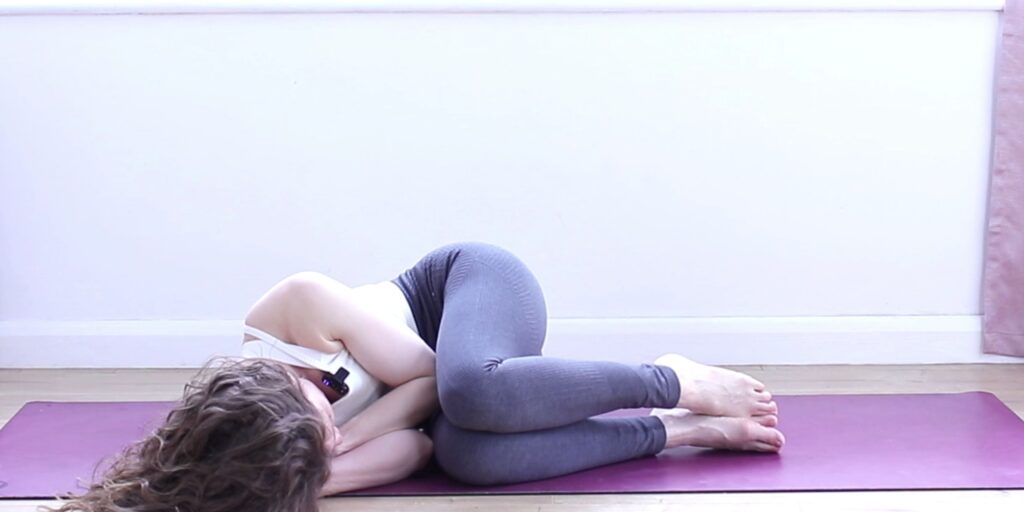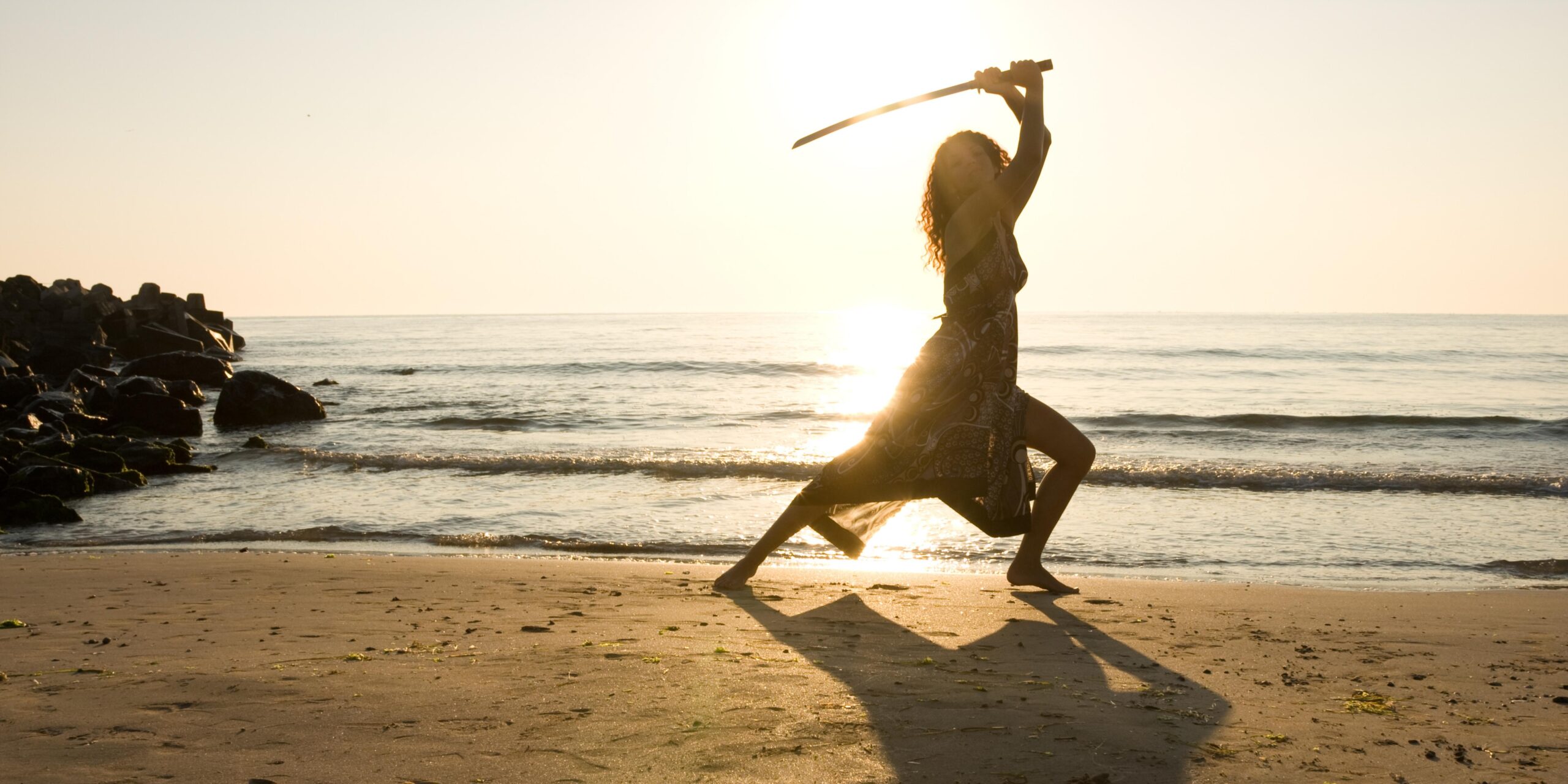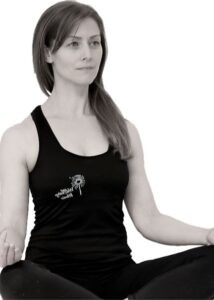
A note before we begin
Let me be clear about something.
I’m not writing this from the other side, with a clean arc of healing behind me. I’m writing this from the place where things are still foggy. Where my body feels frozen more often than not. Where collapse has become familiar.
This is not a post-healing glow, it’s a signal flare from the middle.
It’s the beginning of a deeper truth emerging: that I can’t keep calling this survival “strength.”
That my nervous system isn’t broken, it’s just been holding on for too long.
That maybe, just maybe, I don’t need to climb out today… I just need to name it. To see myself gently. And to begin again from here.

My nervous system has started to respond. It’s subtle, but powerful. Lately, I’ve found myself dropping into freeze and collapse, that heavy, immobile state where everything feels muffled and far away. It was triggered, I think, by a subtle series of changes: the slowing down, the space I’ve been making for truth, the releasing of old roles. My body, no longer fuelled by adrenaline, has begun to exhale, and in that space, the backlog of unprocessed pain is beginning to surface. A tightness in my chest. A buzzing under my skin. A fog in my mind that doesn’t quite lift. And then the memories start, old feelings, old patterns, even old words I thought I’d long forgotten.
At first, I didn’t understand what was happening. I wondered: Am I going backwards? Why do I feel like I’m spiralling inward when I’ve been trying so hard to move forward?
But now I see it for what it is… a purge. A release. A deep soul-cleanse. When we start creating space for authenticity, when we make choices that slow us down, that connect us to nature and our bodies… something sacred begins to happen. We stop running. And the parts of us that have been waiting for our attention finally rise, like a quiet hum growing louder with each still moment.
As I’ve softened my days and created space to live more soulfully, I’ve realised I’m not just healing, I’m confronting how long I’ve lived in survival mode.
We celebrate the push, the “jump in with two feet” mentality. We pride ourselves on being strong, capable, and relentless. But no one really talks about what it costs us to live like that. The toll on our nervous system when we’re always proving, enduring, and powering through.
We often say “I did it!” with pride, but what if the power in that moment is really just relief? I remember a time when I was praised for holding everything together during a crisis. Outwardly, I was calm, composed, and dependable. But inside? I was frozen numb, disconnected, operating purely on autopilot. When it was over, everyone clapped. And I smiled. But the tears didn’t come until I was alone. Not because I was proud. Because I was exhausted. And finally allowed to feel.? And what if relief isn’t the same as joy?

Here’s where polyvagal theory shifted everything for me…
Developed by Dr. Stephen Porges, polyvagal theory explores how our autonomic nervous system responds to safety and danger. Rather than a binary “fight or flight,” it offers a ladder of responses:
I’d never heard of the ‘freeze and collapse’ model. The one where you’re not lazy, but your nervous system keeps you unmotivated for survival. Where each opportunity comes with the overwhelming sensation of exhaustion, and where isolation becomes the comfort.
Why do we have an epidemic of loneliness and singledom?
Because being at home with the cats feels pretty bloody good, especially compared to being out there where it’s all peoply.
It taught me something radical: you don’t have to think your way out of a survival state. You have to feel your way to safety. Recognising where I was on the ladder helped me begin to slowly orient, not toward performance, but toward presence. Toward what safety might one day feel like again. No longer nervous system survival, but healing
Read more about the theory here
This survival lens affects our relationships, too. Am I happy with them because they bring peace and joy? Or am I enduring them because they look like what they should look like? Because my nervous system has mistaken familiar chaos for love?
Sometimes we stay not because it’s fulfilling, but because it feels safer than leaving. It’s a pattern the nervous system recognises, familiarity, even when painful, can feel like safety. If this resonates, pause and ask yourself gently: where might you be coping instead of connecting? We confuse coping with connection. But real love doesn’t require endurance. It allows ease. It invites softness. It builds confidence and reminds us we are whole.
There’s another layer here — the obligation we feel to endure, especially when others expect it. When we’re asked to push through for someone else’s comfort or convenience, our nervous system often responds with guilt or shame. So we do it. We override our own needs to avoid disappointing them. We stay longer, say yes when we mean no, keep showing up — not because we are okay, but because we don’t want to let someone else down.
And every time we ignore the cost to our own peace, we reinforce the false belief that our worth lies in how much we can tolerate. That enduring is love. That coping is strength. That self-abandonment is noble.
But it’s not. It’s just survival in disguise.
Let’s ask the hard questions:
If the highlight of your day is that it’s over, you’re still in survival.
Ask yourself honestly:
These questions aren’t comfortable. But they’re freeing. And it takes courage to ask them, to peel back the layers and admit what’s no longer working. If you’re willing, let them be an invitation: to notice your own patterns, to get honest about where you’ve been surviving instead of living, and to consider… what else might be possible? Because now I know: I don’t want to survive my own life. I want to live it.
What if we flipped the script?
What if we measured success by how alive we felt while doing it? Can you remember a time you enjoyed the process, not just the end?
Are we desperate to return to safety… or learning how to find joy in the mess?
This is the shift. From surviving to living. From proving to feeling. From “look what I endured” to “look how I enjoyed.”
I’m still unlearning. I’m still in freeze. Still in collapse more often than not. Sometimes my body braces out of habit. Sometimes I catch myself trying to turn healing into a task.
But now I pause. I breathe. I remind myself: I don’t need to earn rest. I don’t need to prove I’m strong. I don’t need to survive my own life.
I get to live it. Fully. Softly. Soulfully.
You can follow my findings and journey via the WellbeingWinnie blog page
Like this article?

Personal, business and spiritual development coaching, yoga classes and private tuition, wellness consultancy.
Hello, I am Anna the creator of WellbeingWinnie – my dream that grows bigger and more exciting everyday, inspired because of an illness called myalgic encephalomyelitis (M.E) which I have had for 25 years.
Leave a comment